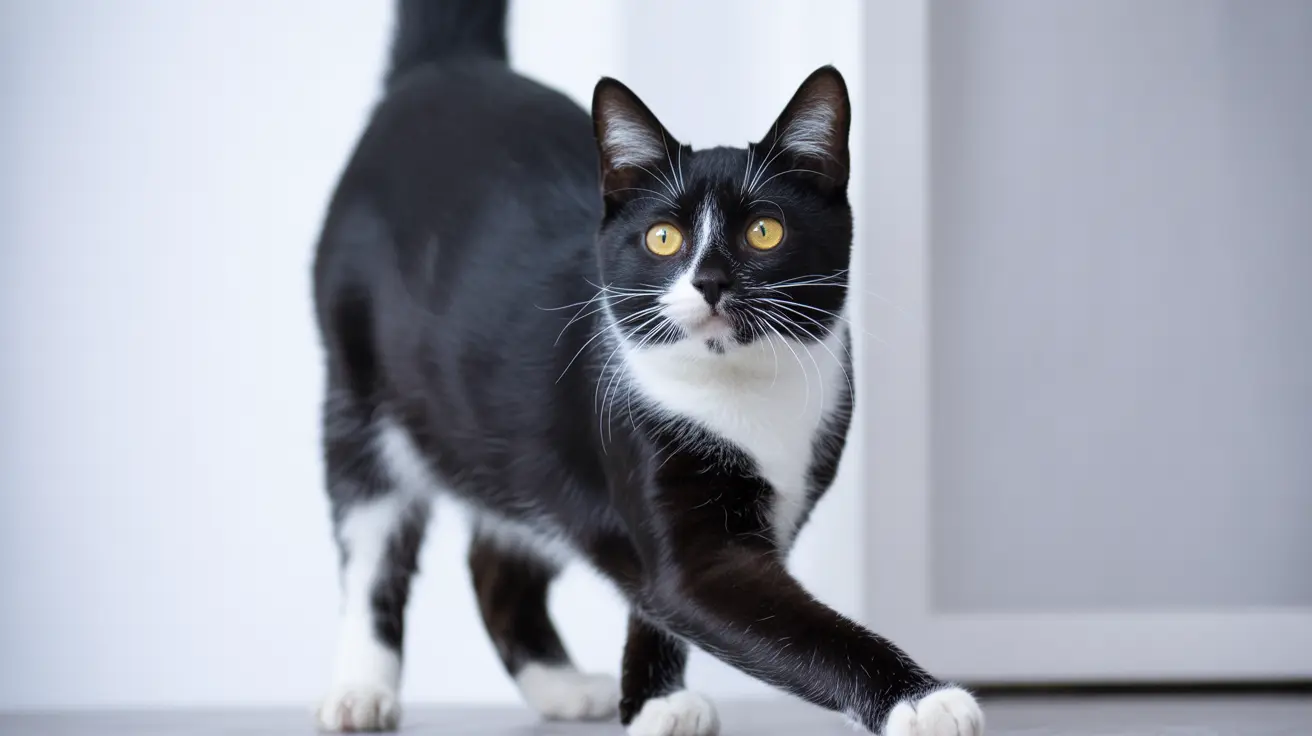Can Cats Eat Shrimp? A Guide for Pet Owners
Many cat owners enjoy treating their pets to a variety of foods and naturally wonder if shrimp is a safe and healthy option. The good news is: cats can indeed enjoy this seafood delicacy — with some important guidelines in place.
Is Shrimp Safe for Cats?
Shrimp is generally safe for cats when served properly. It is high in protein and low in carbs, making it a good occasional treat. However, there are considerations to keep in mind to ensure it does not harm your feline friend.
- Fully cooked: Always cook shrimp thoroughly to eliminate harmful bacteria or parasites.
- Unseasoned: Never serve with garlic, onions, salt, or other spices that are toxic to cats.
- Cleaned: Remove the shell, tail, digestive tract, and veins that could cause choking or digestive upset.
Nutritional Benefits of Shrimp for Cats
Shrimp offers cats several healthy nutrients when given as a supplement, not a staple:
- Protein: Supports muscle development and overall nutrition.
- Omega-3 fatty acids: Enhance skin and coat health.
- Vitamins and minerals: Provides vitamin B12, phosphorus, and selenium in small amounts.
How to Prepare Shrimp for Your Cat
Feeding your cat shrimp properly requires attention to specific preparation methods. Here’s how to do it safely:
- Buy fresh or frozen shrimp from a reliable source.
- Boil or steam the shrimp without any additives or flavorings.
- Peel and devein the shrimp carefully.
- Cut into small pieces appropriate to your cat's size.
- Feed occasionally — once or twice a week at most.
Risks of Feeding Shrimp to Cats
While shrimp is safe in moderation, overindulgence or poor preparation can lead to health problems:
- Allergic reactions: Some cats may be allergic to shellfish.
- Digestive upset: Greasy, raw, or spicy shrimp can cause vomiting or diarrhea.
- High cholesterol: Regular shrimp feeding may raise cholesterol levels in cats.
Should Shrimp Be a Regular Part of Your Cat’s Diet?
No. While shrimp has benefits, it should not be a substitute for a balanced, species-appropriate cat food. Commercial cat foods are designed to meet all a feline’s nutritional needs. Shrimp is best reserved as an occasional treat.
Healthy Alternatives to Shrimp
If you're looking for other protein-rich treats for your cat, consider these options:
- Boiled chicken breast (unseasoned)
- Cooked salmon or tuna (boneless)
- Cooked turkey (skinless and plain)
Always introduce new foods gradually, monitoring for any adverse reactions. When in doubt, consult with your veterinarian before making dietary changes.
Conclusion
Cats can safely enjoy shrimp if it's cooked, unseasoned, and served in moderation. It offers a protein-packed, flavorful treat that most cats will eagerly gobble up — just don’t overdo it, and always supervise your pet when introducing new foods into their diet.





